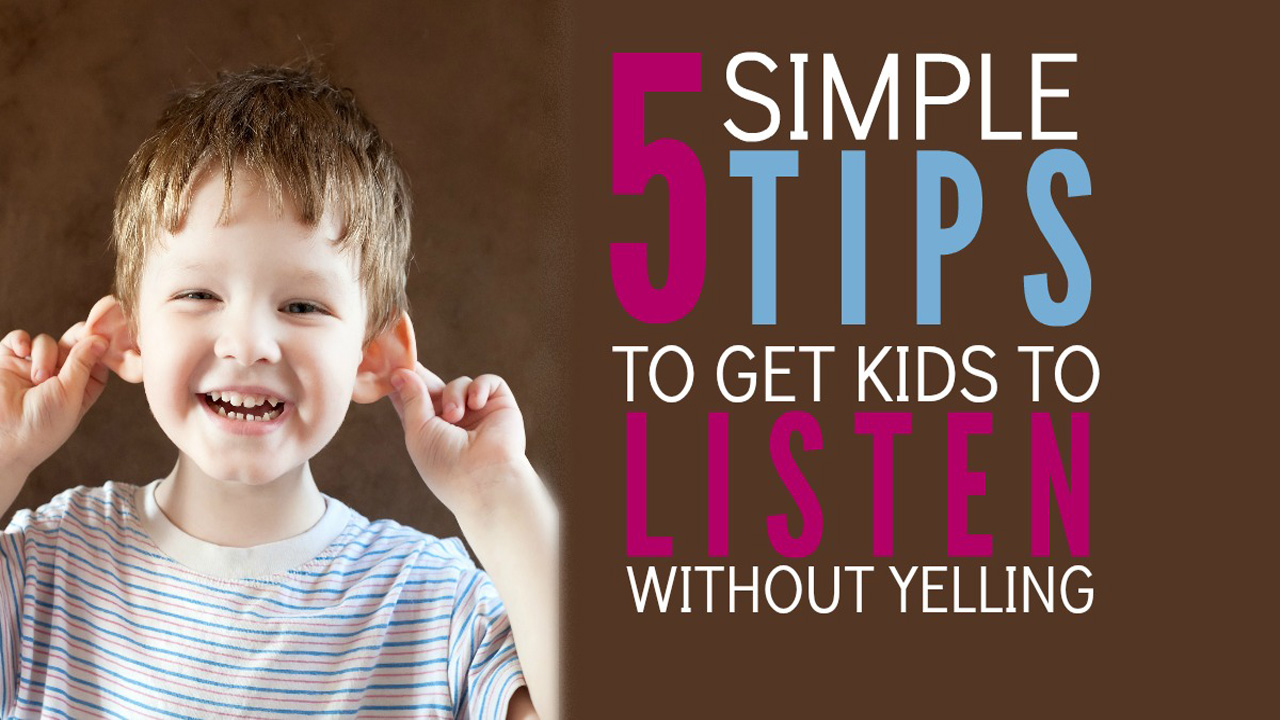5 Effective Ways to Get Kids to Listen Without Yelling
Ohana Magazine – When your Kids refuses to listen, it’s easy to feel like you’re talking to a wall. After repeating yourself a dozen times, frustration builds up—and yelling seems like the only way to be heard. But raising your voice can actually damage your connection with your child. Fortunately, there are more peaceful, effective ways to gain their cooperation. Let’s explore five of them.
1. Invite Cooperation From the Start
Children are naturally resistant when they feel controlled. Instead of barking commands, try using respectful communication. Get down to your Kids eye level, gently touch their shoulder or knee, and say what needs to be done in a clear, kind tone. For example, replace “You have to clean up now” with “Let’s clean up together—I’ll race you to put the blocks away.” Making the task feel like a team effort often leads to better results.
2. Respond Calmly Instead of Reacting Harshly
It’s tempting to snap when your Kids ignores you. However, emotional outbursts usually push them further away. Instead, pause and take a breath. Then respond with calm confidence. Remember, your child’s resistance isn’t a personal attack—it’s a reaction to the situation. When you lead with patience and empathy, your child is more likely to follow.
3. Use Empathy to Build Connection
Empathy is a powerful tool. Before enforcing a rule or request, acknowledge your child’s feelings. For instance, if they’re deeply involved in a game, say, “You’re having so much fun with your Lego, aren’t you?” This simple recognition shows you understand and care, making them more willing to cooperate.
4. Give Clear, Action-Oriented Instructions
Once your child feels seen, restate your request in a straightforward, encouraging way. Keep it positive and action-oriented: “Dinner is ready. Let’s walk to the table together. We can finish building after we eat.” For toddlers, add a creative touch like, “Let’s press the pause button on playtime—Lego will be waiting for you.”
5. Practice Consistency and Patience
Consistency builds trust. If you jump back and forth between yelling and calm requests, your child will get confused. Stick to a respectful tone, even if results take time. When patterns of disobedience arise—like ignoring dinner calls—talk about it during a calm moment. Ask for their input: “What would help us get to the dinner table more easily next time?” Let them be part of the solution.
Final Thoughts
Helping children listen doesn’t require yelling—it requires intention, empathy, and persistence. These five strategies not only foster cooperation but also deepen your relationship with your child. When they feel respected and heard, they become more willing to listen—and everyone benefits from a calmer home.













